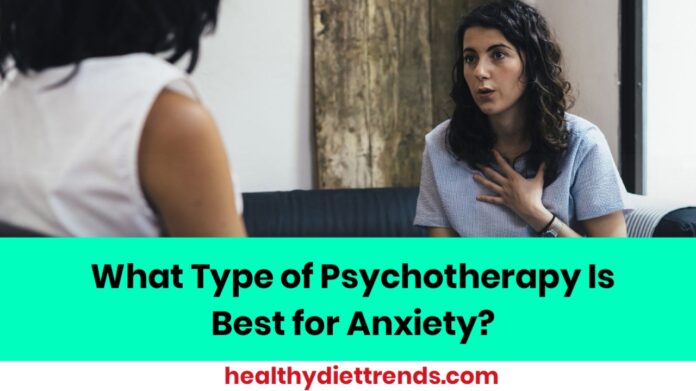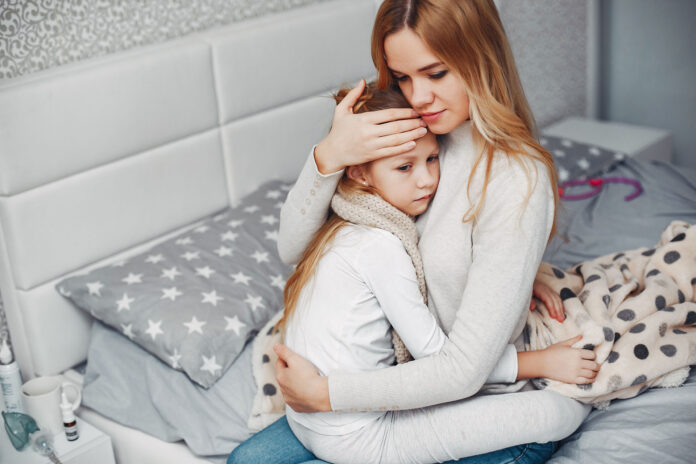If you’re dealing with anxiety, you’re not alone — and more importantly, you’re not without options. Psychotherapy, commonly known as talk therapy, can help reduce anxiety symptoms by targeting the root causes: negative thinking, trauma, and underdeveloped coping mechanisms. Let’s explore the most effective types of therapy for anxiety, their benefits, and how to decide which one is right for you.
Why Choose Psychotherapy for Anxiety?
Anxiety can feel overwhelming and uncontrollable. But in many cases, it’s intensified by unrealistic fears, poor stress management, or internalized negative beliefs. Psychotherapy works by untangling these mental patterns so you can think, feel, and react more calmly and rationally. According to the American Psychological Association, psychotherapy is considered a first-line treatment for most anxiety disorders, either alone or in combination with medication.
Most Effective Therapy Options for Anxiety
1. Cognitive Behavioral Therapy (CBT)
CBT is one of the most researched and widely used therapies for anxiety. It helps you identify and challenge irrational thoughts and teaches coping behaviors, often through techniques like journaling, cognitive restructuring, and exposure exercises. In a 2018 meta-analysis published in The Lancet Psychiatry, CBT showed significant effectiveness in reducing symptoms of GAD, OCD, and panic disorder. Duration: Typically 12–20 sessions over 3–5 months.
2. Acceptance and Commitment Therapy (ACT)

ACT teaches you to accept unpleasant emotions instead of fighting them. Through mindfulness and values-based living, ACT helps people make room for anxiety while still moving toward meaningful goals. ACT has gained popularity due to its flexibility and is supported by research published by the . Useful for: Chronic anxiety, stress-related disorders, and coexisting depression.
3. Mindfulness-Based Cognitive Therapy (MBCT)
MBCT blends traditional CBT with mindfulness meditation. It helps you observe negative thoughts without reacting to them, breaking the cycle of rumination and emotional reactivity. MBCT is especially helpful for preventing relapse in people with recurrent anxiety or depression, as supported by studies from the Oxford Mindfulness Centre. Common format: Group programs lasting 8 weeks, often paired with daily mindfulness practice.
4. Exposure Therapy
This is a form of CBT that helps you face your fears in a gradual and controlled way. Whether you have a phobia, PTSD, or social anxiety, exposure therapy helps rewire your brain’s fear response. According to the Anxiety & Depression Association of America, consistent exposure sessions can significantly reduce avoidance behavior and build resilience.
Other Therapies That May Help
- Dialectical Behavior Therapy (DBT): Combines emotional regulation and mindfulness, ideal for those with intense emotional swings or co-occurring conditions.
- Psychodynamic Therapy: Focuses on unresolved past experiences and unconscious conflicts contributing to current anxiety.
- Interpersonal Therapy (IPT): Useful for those whose anxiety stems from relationship conflict or isolation.
The Bottom Line
There’s no one-size-fits-all solution to anxiety. But with options like CBT, ACT, MBCT, and exposure therapy, you can find a path that suits your personality, symptoms, and goals. Whether you want short-term relief or long-term emotional growth, psychotherapy offers powerful tools to take control of your mental health. If you’re unsure which therapy is right for you, consulting a licensed therapist is a great first step toward feeling better — and finding peace.
Also Read : How to Think and Act in the Current Plummeting Stock Market



